This story was originally published on Urbanful on November 27, 2014.
Back in March, D.C. filmmaker Tim Cone premiered the docu-short Rebalancing at the Environmental Film Festival. (Check it out, along with an interview with Cone, here.) The film takes a critical look at an amenity most D.C. urbanists universally love: the district’s cheery red bikeshare system.
The film is certainly not a hit piece, and I don’t mean to imply that Cone had any malicious intent. But he does show a lot of uncomfortably long shots of idling vans, which employees use to “rebalance” bikes from places with overflow to those where more sets of wheels are needed.
“Until bikeshare finds a way to rebalance its stations without a fleet of bike-filled vans constantly roaming the city, it will be, for many, a glass half empty,” Cone says at 18:03 in the film. I left the theatre after the premiere very concerned: Was my bikeshare membership actually increasing traffic and air pollution?
Thankfully for my conscience, we now have a scientific consensus that, at least in D.C., it is not. Nor is it in Minneapolis, Minnesota, or in two Australian cities.
Researchers from Utrecht University in the Netherlands and Queensland University in Australia studied bikeshare data from those two American cities along with Melbourne and Brisbane, Australia, and London. By crunching the numbers in ridership levels, data from the bikeshare programs’ fuel expenses and surveys sent to users, researchers found that in all the cities studied (with the exception of London) bikeshare’s benefits outweigh the rebalancing costs.
For instance, for every kilometer driven by a rebalancing van, two to four times that distance in private car mileage is avoided. In D.C., for example, vans drove 200,896 kilometers (124,831 miles) in 2012, equivalent to at least 249,662 miles that private cars weren’t driving. If we assume a generous 25 miles per gallon fuel economy for those private cars, that’s about 100 tons of CO2 saved, not to mention the decreased traffic and added exercise for bikeshare users.
But the study didn’t find the same benefits everywhere. In London, the relationship between rebalancing vehicles and private car use is actually reversed, because car use there is already fairly low. Unlike in America and Australia, most bikeshare users in London wouldn’t have hopped in their car if bikeshare didn’t exist. They might’ve taken the Underground or just walked. And in fact, more than half of bikeshare users in London have been “stolen” from the public transit system. So the very things that make London an attractive place to be car-free–its walkability, robust public transit and the fact that driving in downtown comes with a hefty toll–are also the things that make the bikeshare system less effective.
However, since the “tube” is notoriously overcrowded, the study notes, the bikeshare system may still be having an impact–just not one visible to drivers.
The ratio of rebalancing van miles traveled to private car miles not traveled will surely change in these cities as the systems expand and grow. A more concentrated system means more “self-rebalancing;” a more expansive system means more users but also the need for more vans. But for now I’m happy to know that hopping on a bike in D.C. isn’t, in a perverse way, worse for the environment than not.
Urbanful is a digital magazine and marketplace celebrating city living. From hacking your commute to bringing you the latest city trends, we’re all about those things that make city living great. Read more at Urbanful.org.
Headline photo by Tony Webster.

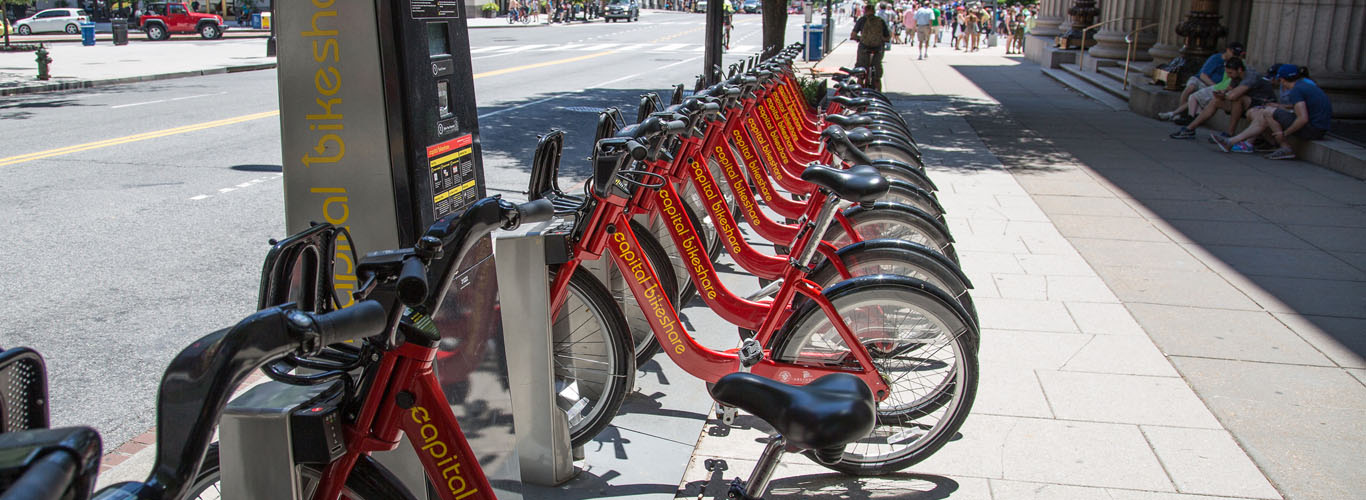
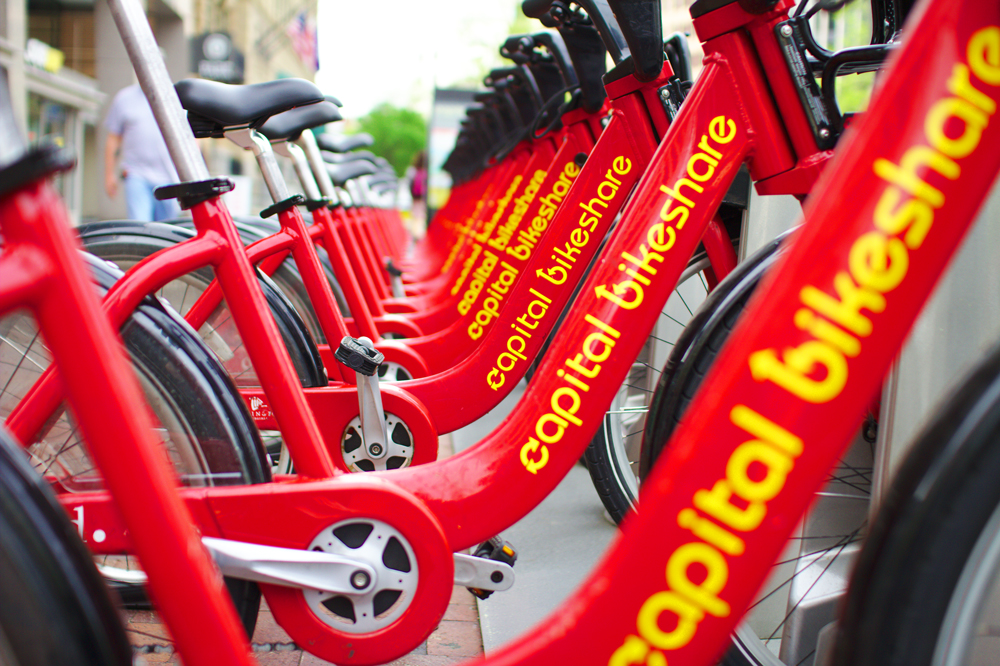
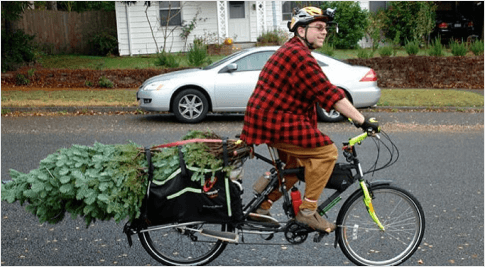

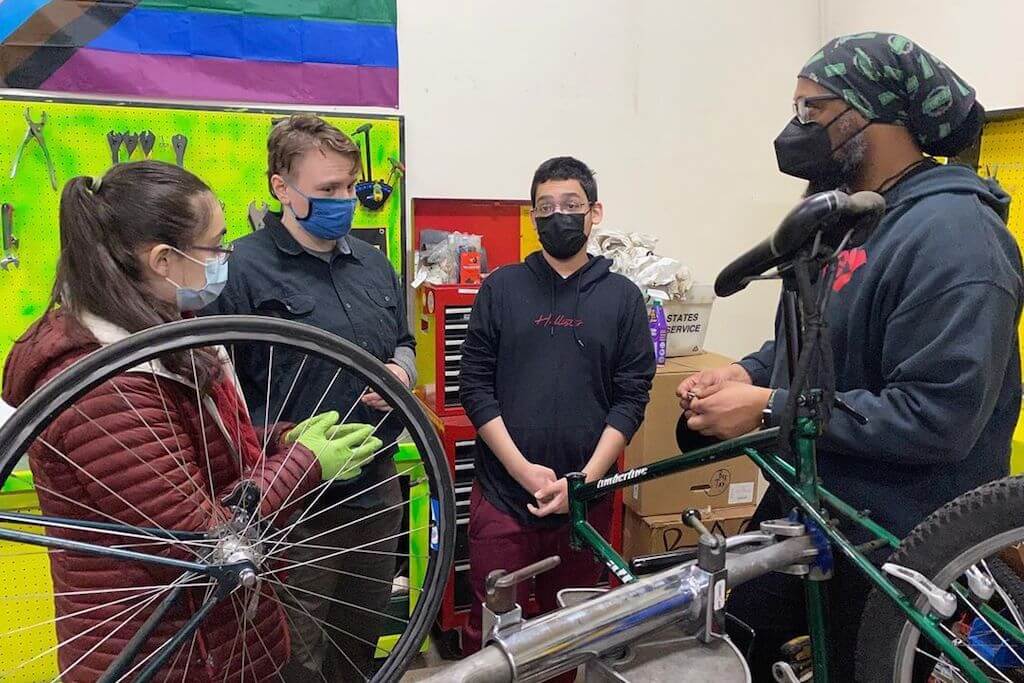
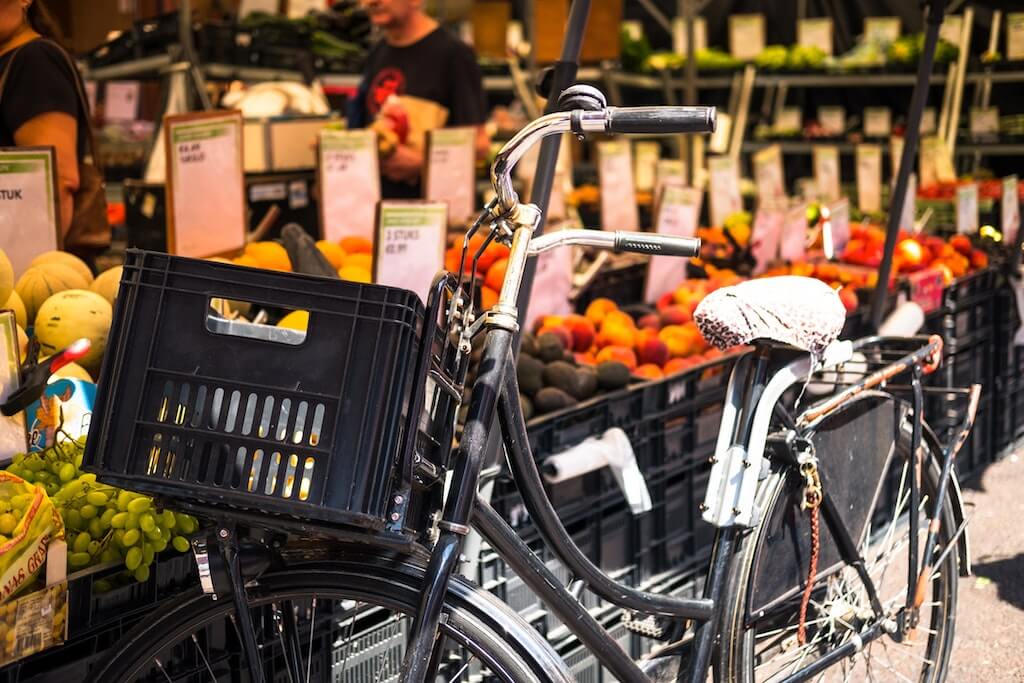

I don’t think we read the same study, or perhaps the author of this article is just less jaded than I am…
The main takeaway that I found was that the dramatic reductions bike share programs are not actually happening, because the trips that people are taking are not replacing personal car trips. When rebalancing is added in, the already modest gains are sometimes reduced another 25-50%.
In cities with a quality public transit system, that offset can actually go negative. London is shown as an outlier there, but it’s quite plausible that NYC would chart the same way.
There are obviously other benefits to the plans, such as normalizing cycling, added convenience for users, people becoming healthier, etc. But they’re not drastically reducing car use, and thus aren’t as effective as planners originally thought.
If we want to get the most benefit from them, then there needs to be an actual shift in mode share.
Why place the burden of reducing car trips exclusively on bike share? When it comes to mode shift, even replacing public transit trips, which studies show is most common, there is the benefit of easing congested transit. While mainstream media will focus on mentions of reducing car trips by planners, these are rarely the main selling point of bike share systems, they are just the easiest to distill to readers.
Just a thought on how rebalancing might be done carbon-free: With a phone app, recruit riders to do the rebalancing in place of vans. Pay them enough to make it worthwhile to ride bikes from dock stations A, B and C to stations P, Q and R. Seems like it could be tested at a relatively low cost, and while it might not be a 100% solution it might make a dent in the problem while providing a small part time job for people who want exercise.
Comments are closed.